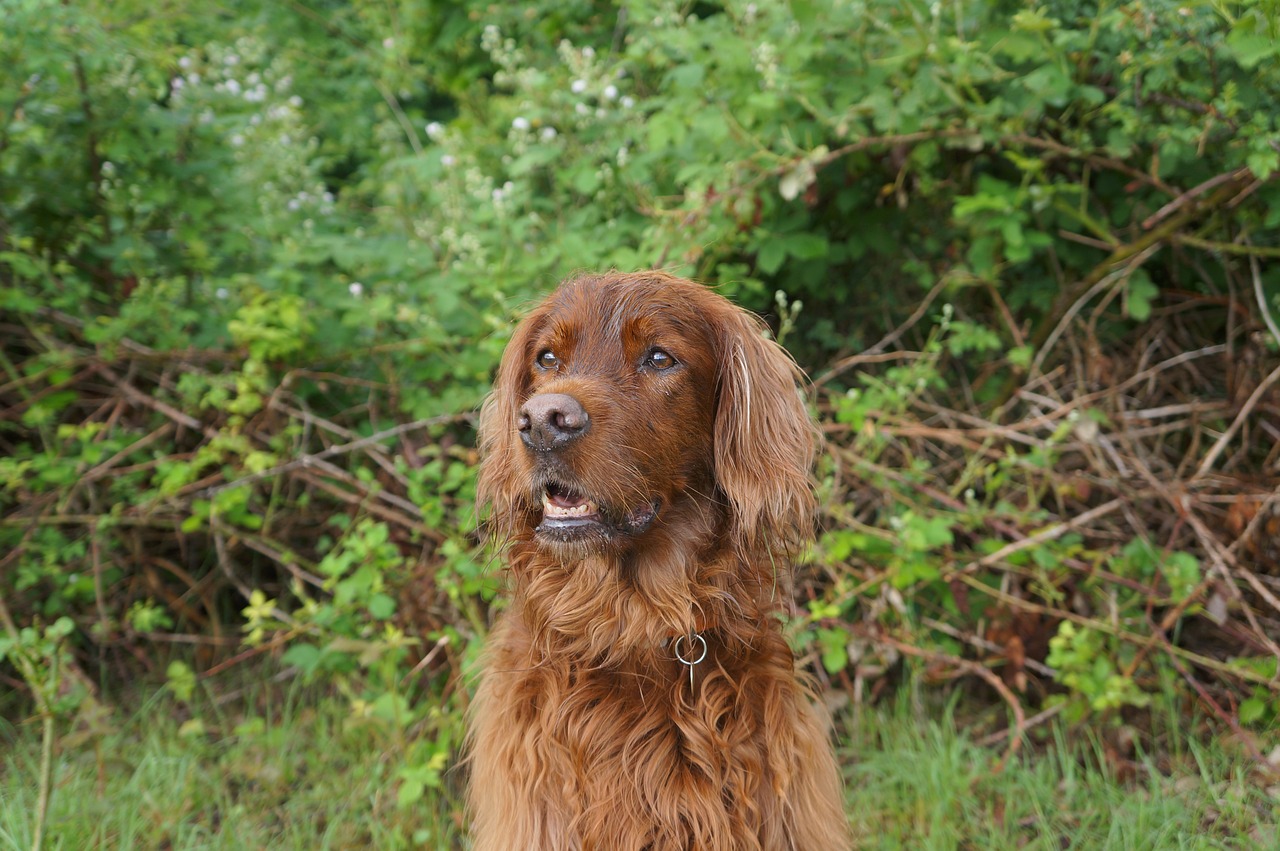For therapists and counselors, incorporating a dog into their practice can significantly enhance the therapeutic experience for their clients. The right dog breed can create a calming, welcoming, and comforting atmosphere, essential for practical therapy sessions. Here are ten dog breeds that are particularly well-suited for therapists and counselors, known for their gentle demeanor, empathetic nature, and ability to interact positively with people.
1. Labrador Retriever
Labrador Retrievers are among the most popular breeds for therapy work due to their friendly and approachable demeanor. They are known for being patient, gentle, and highly intuitive to human emotions, making them ideal for a therapeutic setting. Labs can provide comfort and a sense of ease to clients, helping to create a warm and welcoming environment.
2. Golden Retriever
Golden Retrievers are another excellent choice for therapy settings. They are naturally empathetic and have a calming presence, which can be immensely beneficial in a therapeutic environment. Goldens are gentle patient, and interact well with people of all ages, making them suitable for diverse client groups.
3. Cavalier King Charles Spaniel
Cavalier King Charles Spaniels are known for their affectionate and gentle nature. Their small size and loving temperament make them great for therapeutic interactions, providing comfort and emotional support to clients. They are particularly good with children and older people, offering a soothing presence.
4. Poodle
Poodles, known for their intelligence and gentle nature, are excellent therapy dogs. They are hypoallergenic, which is beneficial in a setting where clients may have allergies. Poodles are empathetic and can be easily trained to provide emotional support and companionship in therapeutic sessions.
5. Greyhound
Greyhounds are gentle, calm, and sensitive dogs, making them well-suited for therapy work. Despite their size, they are known for being docile and are comfortable in quiet environments, ideal for counseling sessions. Their presence can be soothing and grounding for clients.
6. Beagle
Beagles, with their friendly and curious nature, are great at providing a sense of warmth and comfort in a therapy setting. They are affectionate and enjoy human interaction, which can help create a relaxed and inviting atmosphere for clients.
7. Corgi
Corgis are known for their friendly and outgoing personality. Their small size and approachable demeanor can make clients feel at ease. Corgis are also intuitive and can pick up on emotional cues, making them suitable companions in a therapeutic environment.
 8. Irish Setter
8. Irish Setter
Irish Setters are known for their friendly and pleasant nature. They are energetic and enthusiastic, which can bring a positive and uplifting energy to therapy sessions. Their affectionate demeanor can help in building rapport and comfort with clients.
9. Bernese Mountain Dog
Bernese Mountain Dogs are large but incredibly gentle and calm. Their presence can be comforting and reassuring in a therapy setting. They are patient and good-natured, making them suitable for interacting with various clients, including those who might be initially apprehensive.
10. Shih Tzu
Shih Tzus are small and affectionate, and they enjoy being close to people, making them excellent therapy dogs. They are known for their calm demeanor and can sit quietly during sessions, providing a comforting presence. Their loving nature can help create a nurturing and supportive therapeutic environment.
Conclusion
Incorporating a dog into therapy and counseling practices can profoundly impact the therapeutic process. The breeds listed above are known for suitability in such settings, offering comfort, empathy, and a non-judgmental presence. For therapists and counselors considering a therapy dog, these breeds are excellent choices, each bringing unique qualities to aid in the healing and comfort of clients.









 Toledo, United States.
Toledo, United States.